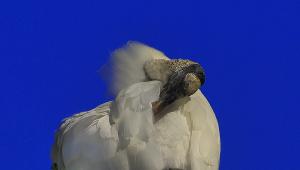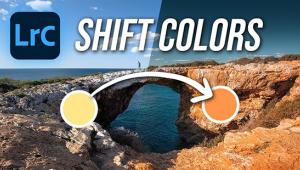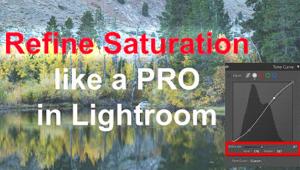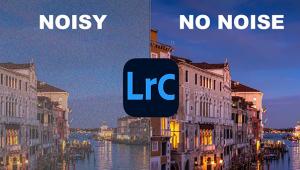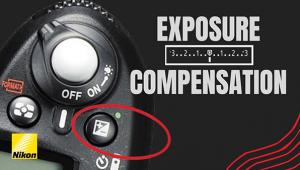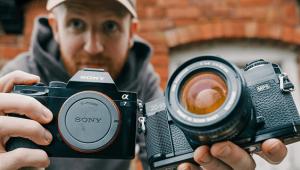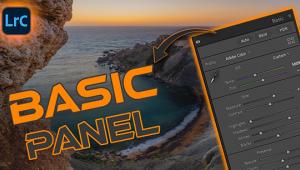The New Microtek ArtixScan M1 Pro; All-Format Glassless Film Scanning And Flat-Bed Print Scanning, All In One Page 2
 |
|
|
Evaluation And Recommendation
Any photographer with a collection of film images in different format sizes
should consider the Microtek ArtixScan M1 Pro. In the past there were compromises,
like not enough optical resolution to scan 35mm film, or the need to pay a very
high price for a higher-resolution scanner. This new ArtixScan is competitive
in performance with dedicated multi-format film scanners at a fraction of their
cost.
My confidence in recommending the Microtek ArtixScan M1 Pro was sealed and delivered
by its ability to produce the best scan yet of the most challenging color negative
in my library, one that I have scanned with every medium format capable scanner
I've tested. The image was taken to realize a picture I had fantasized
in my mind after my first visit to make photographs in a rain forest. I imagined
a fairy tale-like nymph of a figure dancing through a magical forest.
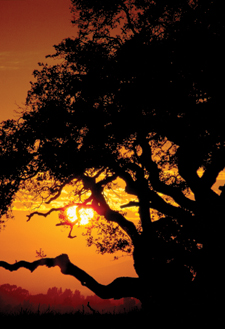 |
|
|
Photographing on a tripod in the rain forest is essential as even on cloudless days little light gets down to the forest floor. In addition to needing a very fast color negative film I also needed to correct for the very greenish light that filtered down through the forest canopy 200 or more feet above. So I chose to use a Pentax 6x7 and Agfacolor 1000, even though this very fast film had its own color peculiarities. My very first attempt to scan these negatives yielded very poor results, so I was inclined to never try again. But I did regardless, never quite getting a correction and adjustment of the image that was not compromised. But this time with the ArtixScan M1 Pro and SilverFast Ai Studio, I obtained a smooth, sharp image with color fidelity in both the model's skin tones and the surrounding forest's many shades of green and brown.
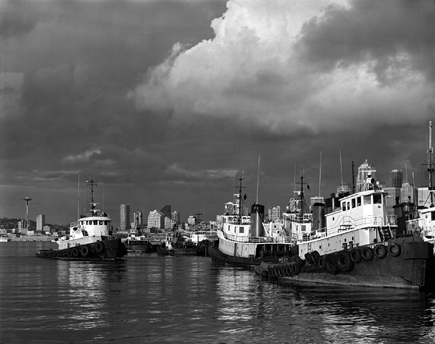 |
|
|
In terms of quality there are some differences between the M1 Pro results
and those of dedicated film scanners, but they are slight. The three-line, high-resolution
linear CCD used in dedicated film scanners does provide a very crisp, sharp
scan. But the six-line CCD made by Sony used in the M1 Pro captures almost as
much image detail and produces a smother image appearance with less prominence
of grain and image artifacts. In terms of density range reproduction of transparency
images, the high 4.4 D-max of the M1 provides full, undistorted reproduction
of highlights and shadows with the most contrasty film images I could dig out
of my library. The precise, easy-to-use calibration and profiling along with
the sensitivity of the Sony CCD reproduced a spectrum of colors easily adjusted
to reproduce very high fidelity.
The only consideration that may be a difficulty for some is that the Microtek
ArtixScan M1 Pro requires quite a bit of desk space as it is substantially larger
than most contemporary consumer flat-bed models. But thankfully, as big as it
is, and as versatile and efficient, it is also a high value for a moderate list
retail price of $649.99 for M1 model and $799.99 for the M1 Pro.
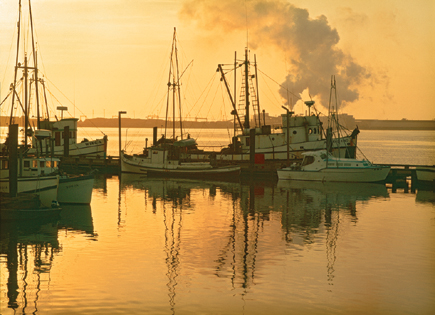 |
|
|
For more information, contact Microtek, 10900 183rd St., Ste. 290, Cerritos, CA 90703; (310) 687-5940 (customer service); www.microtekusa.com.
David Brooks can be reached via e-mail at: goofotografx@gmail.com.
- Log in or register to post comments



